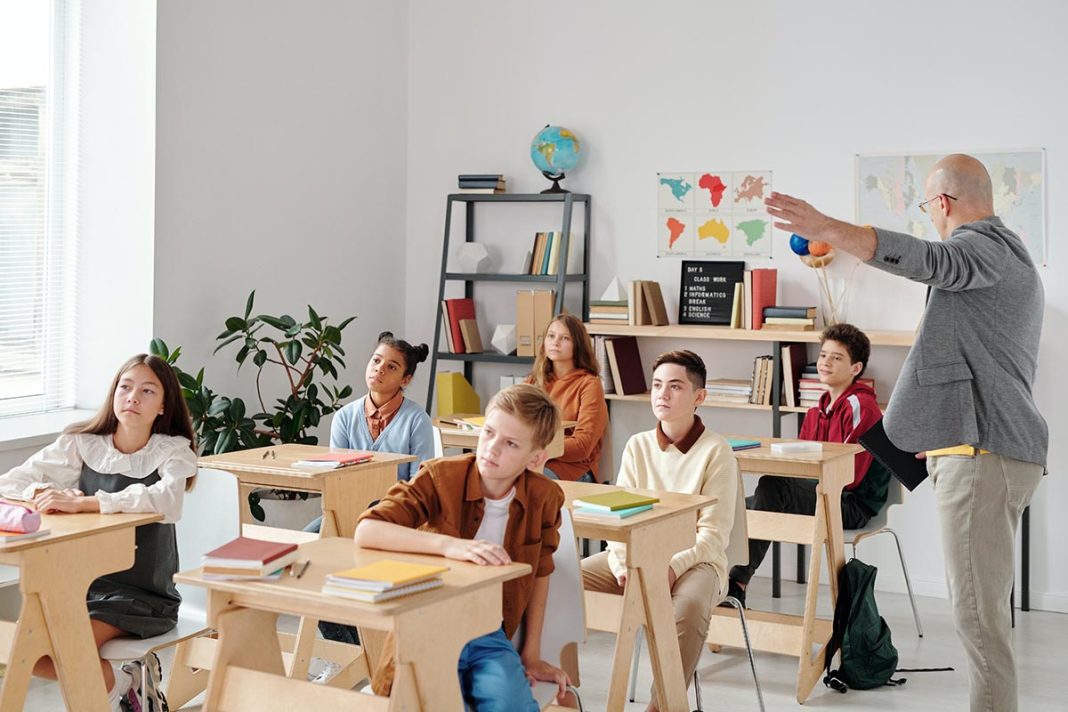Teaching is an ever-evolving profession that demands creativity and adaptability. Engaging students in meaningful ways requires educators to explore innovative approaches and incorporate fresh ideas into their lesson plans. In this article, we will explore five lesson ideas that can inspire teachers to bring enthusiasm and excitement into their classrooms.
- School Trips: Enhancing Learning Beyond the Classroom Walls
School trips have long been considered a break from routine but can also be powerful educational tools. Venturing beyond the classroom walls provides students with real-world experiences that enhance their understanding of various subjects. For example, a visit to a science museum can transform abstract scientific concepts into tangible, interactive learning opportunities.
Teachers can organise trips based on the curriculum, ensuring that students witness the practical application of the theories they study. Moreover, school trips foster a sense of community among students, especially residential trips, which help to encourage teamwork and social development. It’s essential to plan trips with educational objectives in mind, allowing students to connect what they learn in class with the world around them.
- Collaborative Projects: Fostering Teamwork and Critical Thinking
Encouraging collaboration among students can lead to dynamic and engaging learning experiences. Group projects provide an avenue for students to apply their knowledge and skills while working towards a common goal. This approach fosters teamwork and hones critical thinking and problem-solving abilities.
Teachers can design projects that require students to research, plan, and present their findings. Assigning specific roles within the group ensures that each student contributes to the project’s success. Collaborative working deepens students’ understanding of the subject matter and prepares them for the collaborative nature of the professional world.
- Technology Integration: Embracing the Digital Age
Incorporating technology into the classroom is a trend and a necessity in the digital age. Interactive whiteboards, educational apps, and online resources can transform traditional teaching methods, making lessons more engaging and relevant to students. For instance, virtual field trips allow students to explore historical sites or natural wonders without leaving the classroom.
Teachers can also leverage multimedia presentations, online quizzes, and educational games to cater to diverse learning styles. Integrating technology captures students’ attention and prepares them for a future where digital literacy is increasingly crucial.
- Literature Circles: Fostering a Love for Reading
Promoting a love for reading is a fundamental aspect of education. Literature circles offer an effective strategy to engage students in meaningful discussions about books. Teachers can form small groups, assigning different roles to each member, such as discussion leader, summariser, or connector.
This approach encourages active reading and enhances students’ communication and analytical skills. By exploring literature together, students develop a deeper appreciation for storytelling and diverse perspectives. Literature circles provide a platform for students to express their thoughts, fostering a community of readers within the classroom.
- Real-Life Problem Solving: Connecting Education to the World
Teaching students to apply their knowledge to real-world problems instils a sense of purpose and relevance. Create lessons that present authentic challenges, allowing students to explore solutions using the concepts they’ve learned in class. For example, a math lesson could involve solving a real-world problem related to budgeting or resource allocation.
Real-life problem-solving reinforces academic concepts and nurtures skills such as critical thinking, creativity, and adaptability. Students gain a deeper understanding of the practical applications of their education, preparing them for the challenges they may encounter in their future careers.
Effective teaching requires continuous innovation and a willingness to explore new methods. Incorporating school trips, collaborative projects, technology, literature circles, and real-life problem-solving into lesson plans can invigorate the learning experience for both teachers and students. By embracing these ideas, educators contribute to creating an environment where education goes beyond textbooks, fostering a lifelong love of learning in their students.
